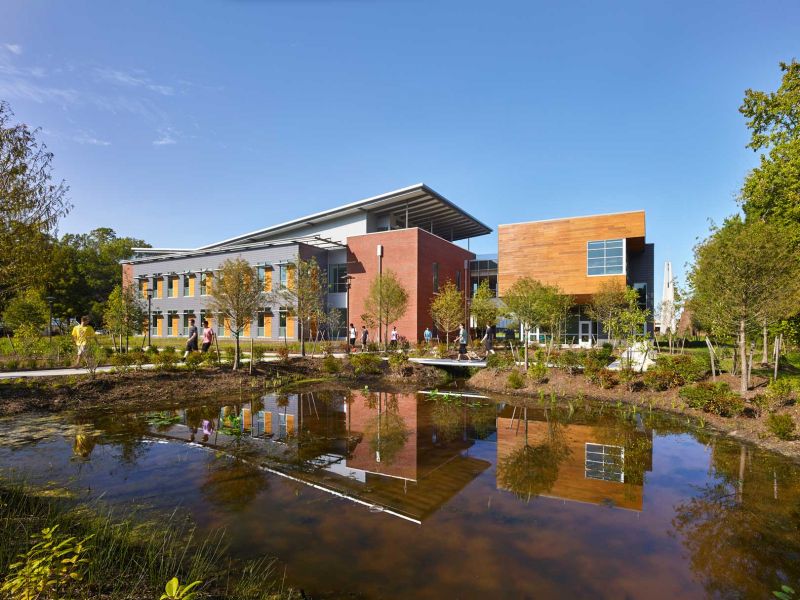Share this Story
Chesapeake Bay Foundation to Honor Â鶹´«Ã½rtb
VWU to be recognized along with Washington College for environmental leadership
Featured News | December 12, 2017
 Â鶹´«Ã½rtb will be honored by the Chesapeake Bay Foundation (CBF) with the organization’s top award at “,” which will take place on Monday, February 26, in Washington, D.C. The event will jointly recognize VWU and Washington College for their leadership and commitment to educating the next generation of Chesapeake Bay leaders.
Â鶹´«Ã½rtb will be honored by the Chesapeake Bay Foundation (CBF) with the organization’s top award at “,” which will take place on Monday, February 26, in Washington, D.C. The event will jointly recognize VWU and Washington College for their leadership and commitment to educating the next generation of Chesapeake Bay leaders.
Â鶹´«Ã½rtb Board Chair David Kaufman, his wife Kay, and Washington College Board Chair Larry Culp, and his wife Wendy, have been designated honorary co-chairs for the event, which raises vital funds for CBF’s education and restoration efforts. The last Half Shell event raised enough funds to allow for the planting of 20 million juvenile oysters on sanctuary reefs in Maryland and Virginia and more than 17,000 trees across the watershed. In addition, 9,600 oyster shells from the event were brought back to CBF's Maryland Oyster Restoration Center to be used on sanctuary reefs in the Bay.
“We are honored to be recognized by the Chesapeake Bay Foundation,” said Virginia Wesleyan President Scott Miller. “There can be no greater contribution to future generations than a commitment to preserving our planet. Our investment in environmental programs will create a priceless legacy for our campus community, our home region, and our world.
The Chesapeake Bay Foundation will recognize Virginia Wesleyan for the new . VWU’s 44,000-square-foot facility provides unprecedented opportunities to study the marine sciences, ecology, and preservation and sustainability of the natural world. It marks the University’s commitment to the field of environmental science, and it invites collaboration with organizations such as the Chesapeake Bay Foundation’s Brock Environmental Center, the Virginia Aquarium & Marine Science Center, and the Virginia Institute for Marine Science.
Washington College will be honored for its , which envisions a healthy and thriving Chesapeake Bay and watershed in which natural systems and human communities are in balance. The Center promotes environmental issues and social values through various interdisciplinary academic programs including the Chester River Observatory and Field Research Station, energy programs, archaeology, and the unique Chesapeake Semester, in which select students journey in, on and around the 64,000-square-mile watershed.

